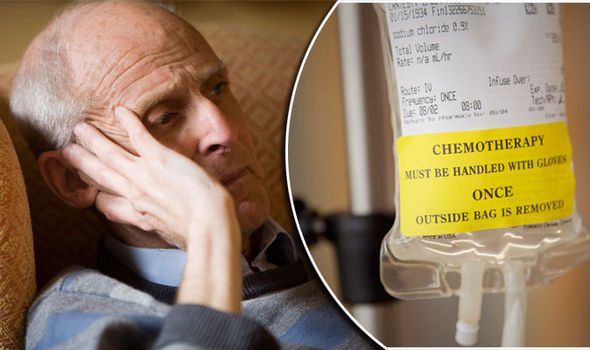As we grow older, treating cancer can become even more difficult than it already is. As we age, our body breaks down, and while chemotherapy is often the most successful treatment option, it can also be the most harmful for older patients. Chemotherapy in older patients poses a wide variety of risks, and in many cases, your older patients just simply aren’t equipped physically to handle the rigors of treatment. It can be tough as a physician to recommend against the treatment that might have the most success, it’s simply a tough decision that many oncology professionals will have to make. Below we’ll take a look at this tough choice and how to approach chemotherapy in older patients.
Chemotherapy in Older Patients
Statistically, older patients will often have issues with chemotherapy treatment because of conditions they’re already dealing with or medications they’re currently on. These patients are likely to be taking multiple drugs. Those same drugs may interact with cancer treatment and/or require close monitoring during treatment. One of the major issues that an older chemotherapy could face is an increase in infections.

As you probably already know, chemotherapy works by attacking the rapidly dividing cells it finds in the body. The particularly attack cancer cells because they multiply quickly. However, chemotherapy can’t differentiate between cancer cells and other rapidly dividing healthy cells, such as bone marrow cells. This means that the treatment will often attack white blood cells, which are designed to combat infection. The lower count of blood cells can then leave many patients vulnerable to illness. Older patients, due to normal body changes, are at greater risk than younger patients for a low white blood cell count and its complications. For example, the risk of infection is measurably greater in patients receiving chemotherapy with non-Hodgkin’s lymphoma aged 65 and older than in younger patients.
Morals and Ethics
Chemotherapy in older patients can often put physicians in a difficult situation. While it’s often best to recommend the treatment that could have the most success, in this case, that same treatment could also be the most harmful. Aging is highly individualized so treatment decisions cannot be made on the basis of age alone. Treatment decisions need to be based on potential benefits and how adverse effects may affect the patient. To start, you’ll want to be open and honest about the side effects and complications of each treatment. While it can be hard to steer older patients away from chemotherapy, it can sometimes be the best option. Another tactic is to try “sprinkling chemotherapy” which spaces out the treatment sessions so an older patient’s body has more time to recover.
A Few Things to Consider
When dealing with chemotherapy in older patients, there are still a variety of factors to consider before making the call. Below are just a few things to keep in mind when you decide on a treatment plan.
Type and Extent of Cancer
Depending on the type of cancer and the progress of it, chemotherapy might not be the best option, especially for older adults. In many cases, the human body can only take so much. Although chemotherapy might be the best treatment, it could also do a lot of harm.
Quality of Life
Another major factor to consider is the quality of life that a patient will have. If they’re spending the last few years, or even months of his or her life battling the effects of chemotherapy, this might be a case where a different option should be explored. Depending on your patient’s age and health, they might care more about feeling well than curing cancer permanently. This might be especially true if his or her spouse or partner has already died, they have a chronic health condition, or their quality of life is poor.
While it can certainly be tough navigating chemotherapy in older patients, it’s something that many oncologists and other medical professionals will experience. Maintaining an open and honest relationship with patients is vital. As long you communicate, you should be able to work together to find the ideal treatment.
If you’d like to chime in on this discussion, feel free to comment below! If you’re looking for a locum tenens assignment, don’t hesitate to explore the thousands of jobs we have to offer.
